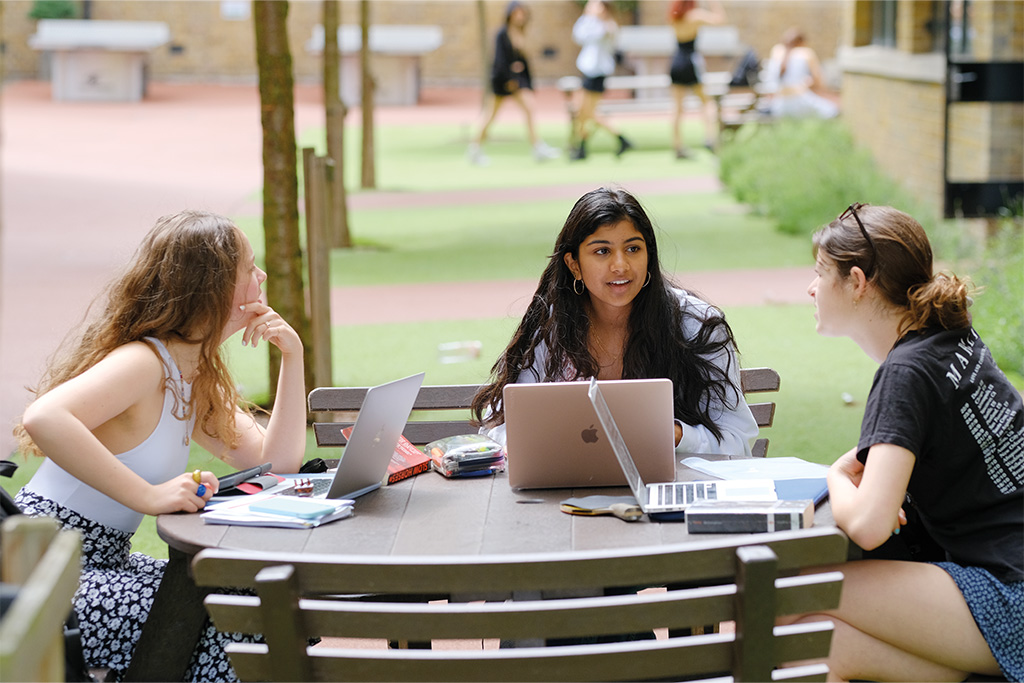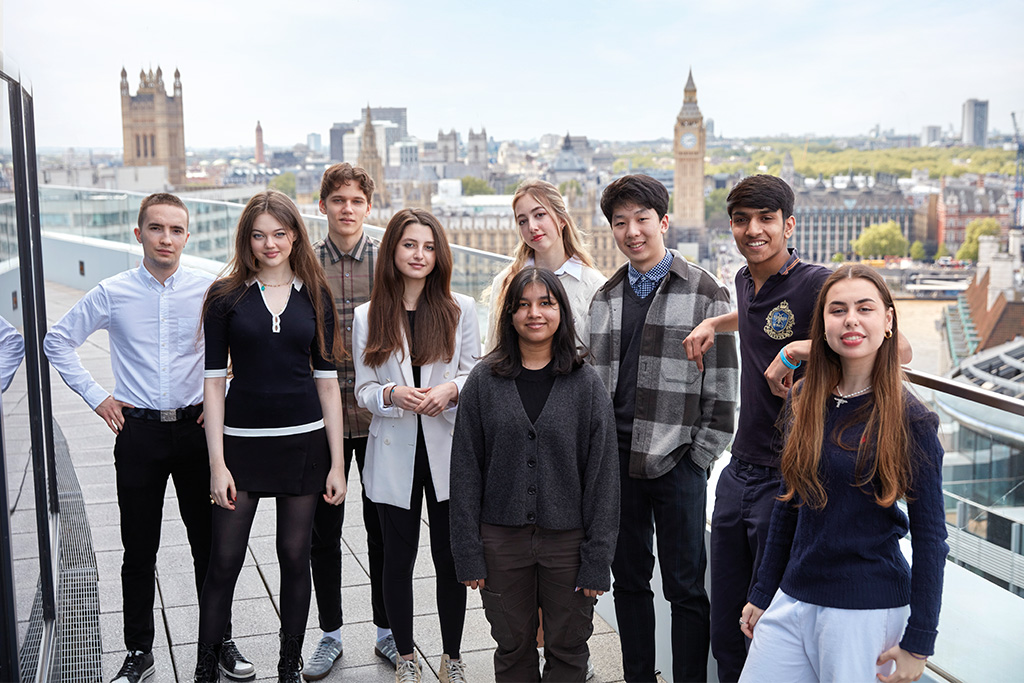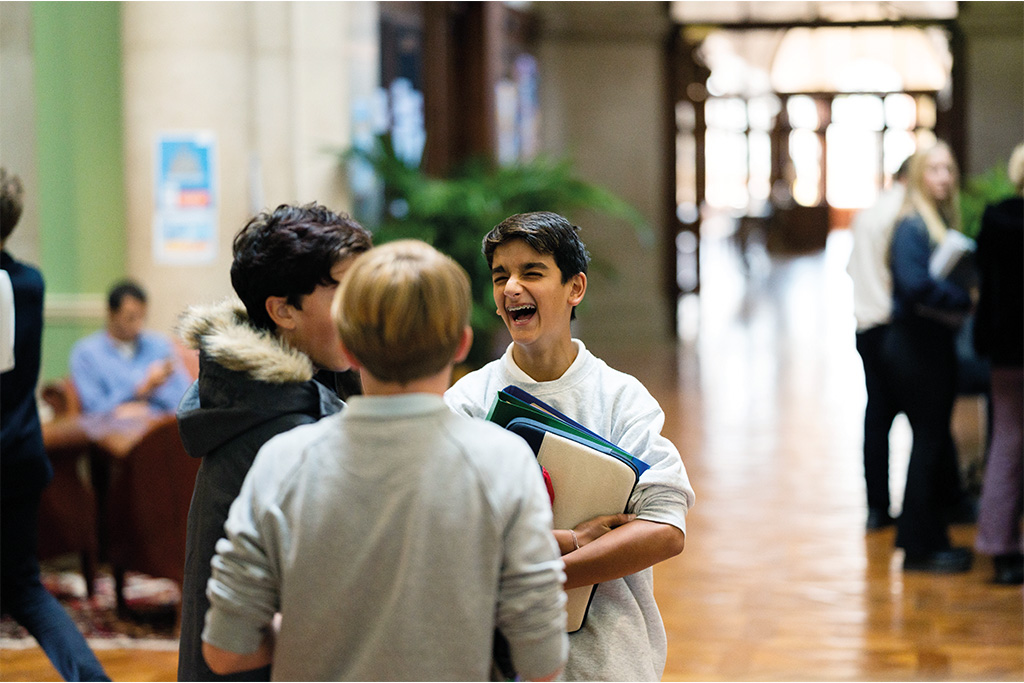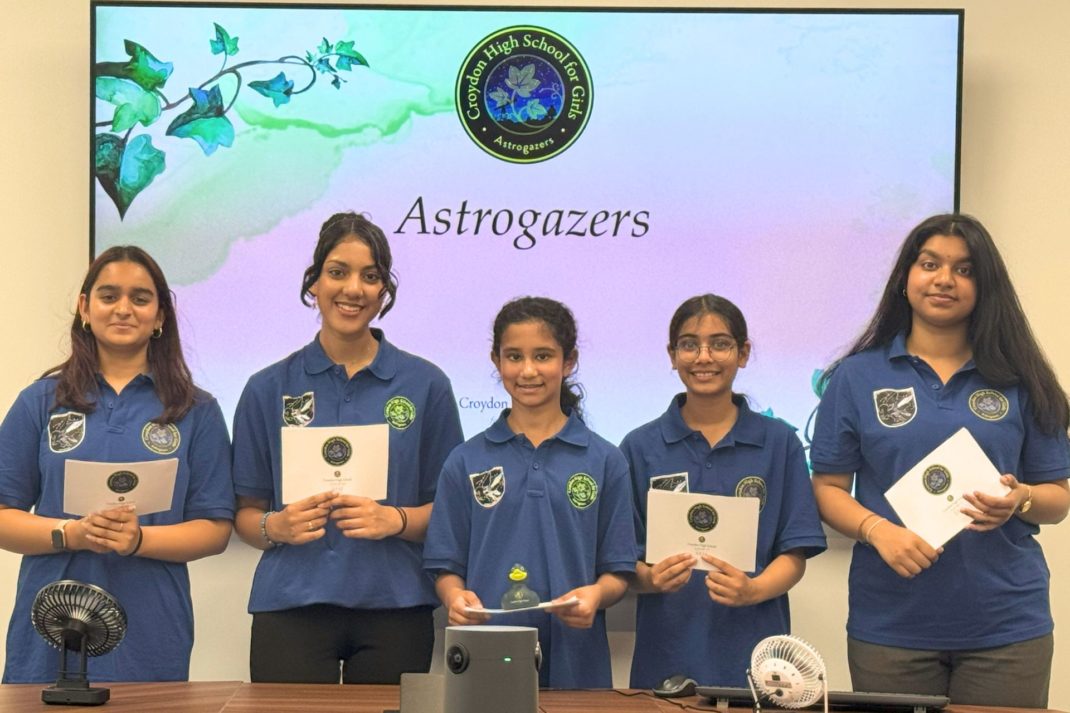The New Influencers
By
3 years ago

Career paths have changed, finds Alice Smellie – so will your child find their future on TikTok or social media?

Can our children be influencers when they grow up? There’s no question that career options aren’t what they used to be. However much we parents embrace Instagram and Twitter, the idea of making a living from the ever-changing world of social media may still seem incomprehensible.
But, a 2019 study polling more than 2,000 parents revealed that almost a fifth of British children aged 11-16 wanted to be social media influencers when they grow up (second only to doctor in the most popular careers list, and only just above YouTuber, which ranked number three). With social media already such a large part of our children’s lives, it’s hardly surprising that many hope it might also comprise their future.
So how are our schools approaching the idea of social media as a way of earning a crust? Fortunately, it appears that they are rising to the challenge admirably, recognising the shifting job market and updating their careers advice without compromising on academic learning.
‘As part of our Future Pathways and Current Affairs programme,’ says Andrew Bray, Head of Future Pathways at Bryanston School, ‘we arrange talks for the pupils from industry experts and Old Bryanstonians to broaden their understanding of current and new careers.
‘With regard to influencers and online careers as part of our academic programme, our teachers tie in careers with the academic subject.’ Bray adds: ‘Whatever career path our pupils follow, they will need to understand the importance of social media and influencers and the positive and/or negative impact they can have on a brand.’

So what kind of future careers does he envisage? The answers are astonishing: UX design, influencers, drone pilots, esports professionals and renewable energy consultants all get a mention. ‘It will open up opportunities for the next generation to run their own businesses.’
The approach is quite realistic, says Dr Sarah Watson, vice-Principal academic at DLD College, London. ‘At DLD, we take an in-depth academic approach in guiding our students to look at ‘influencing’ as a potential career choice,’ Dr Watson says, ‘should this spark their curiosity.’
She continues: ‘Essentially, it comes down to this. If you want to successfully influence people over the long term, you need to have a passion for something, you need to develop your skills and knowledge to become an expert within that field, and you need to understand your own motivations for wanting to pass on this knowledge to others. No small feat!’
There is general agreement that a sound knowledge base and such qualities as persistence and resilience are necessary. Social media is not touted as an easy career option – a relief to those of us who still think that influencing comes down to choosing the right phone filter. Dr Watson says that many students looking at traditional careers also wish to use online platforms, as well as there being increasing amounts of students wishing to enter careers requiring ‘unprecedented’ amounts of digital and technical skills.
John Carroll, who leads the Godolphin and Latymer Futures Programme, recommends a practical focus to help students better understand the world of social media.
‘Our students use social media a lot,’ Carroll explains, ‘but they don’t necessarily understand how it works. Recently, 20 girls from the Lower Sixth took part in an entrepreneurship internship around understanding social media. We worked with a music platform called Keakie, exploring such elements as how to create brand values and what makes a good media page.’
The girls then had to come up with a strategy for Keakie to engage with more users. ‘This gave them a deeper understanding of many aspects of social media and how it might work as a career.’
Next year, the girls are doing a project focusing on the psychology of the social media influencer. Carroll points out that creativity and the ability to collaborate are among the World Economic Forum’s top 10 skills. ‘That’s part of our core focus.’
Some subjects are particularly useful, says Andrew Bray. ‘Computer science, business, art, film, and DT are some of the A-levels Bryanston offers which investigate how entrepreneurs and influencers use new technology to develop and grow a business.’

Godolphin and Latymer offer A-levels and the IB, says John Carroll. ‘Either pathway means students have to absorb a lot of knowledge, and then apply and analyse it.’
He adds: ‘I see it as our job to create the bridges for our courses beyond the curriculum.’ To this end, Godolphin ran a sustainability project with Year 8 pupils on how to help a family reduce their carbon footprint. ‘This included a full-day workshop on nudge theory – which is to say how to change someone’s behaviour using a ‘nudge’ such as, ‘it’s cheaper’ or ‘it’s better for you.’ He says that when students subsequently talked about careers they had a much better understanding of marketing.
DLD offers multiple relevant courses, says Dr Watson, ticking off, ‘media, esports, computer science, digital literacy, financial technologies, business enterprise and graphical and photographical art. Even our forthcoming Year 9 curriculum contains a course called Digital Futures.
‘Having the choice to combine innovative courses with more traditional ones means we allow our students to build a bespoke educational journey that caters to the careers of today and tomorrow.’
She also points out that the world of BTEC is becoming a hotbed of creativity and talent for young people wanting to experience a hands-on approach to learning. ‘We have recognised the growth of prestige in this pathway.’
In higher education, Andrew Bray says that there is a broad range of universities and further education schools that offer courses linked to entrepreneurship and creativity, including Warwick Business School, Newcastle Business School and the universities of Oxford, Cambridge, Birmingham, Reading, Manchester and Edinburgh.
This focus on all-round skills with an up-to-date twist means that students have a good understanding of the realities of social media. They’re being encouraged to pursue their dreams, while ensuring that they have the foundations to embrace other jobs. And – thankfully – schools are successfully managing the concept that the road to social media success isn’t necessarily a fast track road that is paved with gold.
See the listings of the schools mentioned here: Godolphin and Latymer, DLD College, Bryanston



